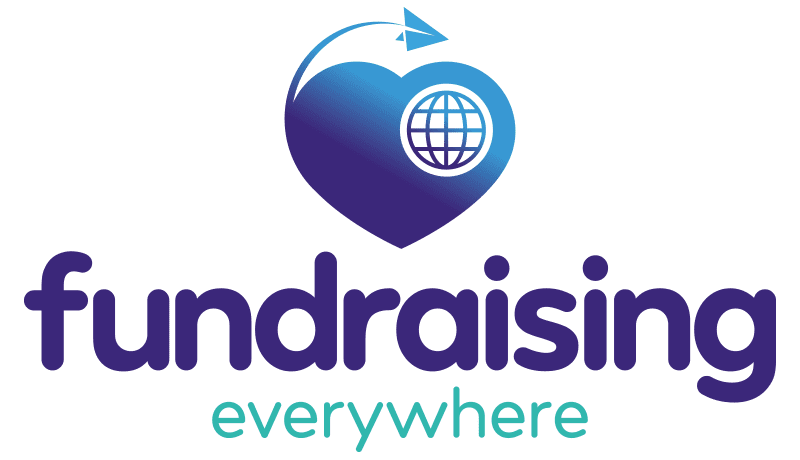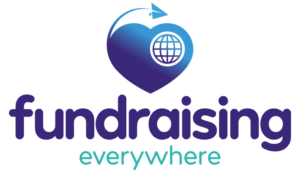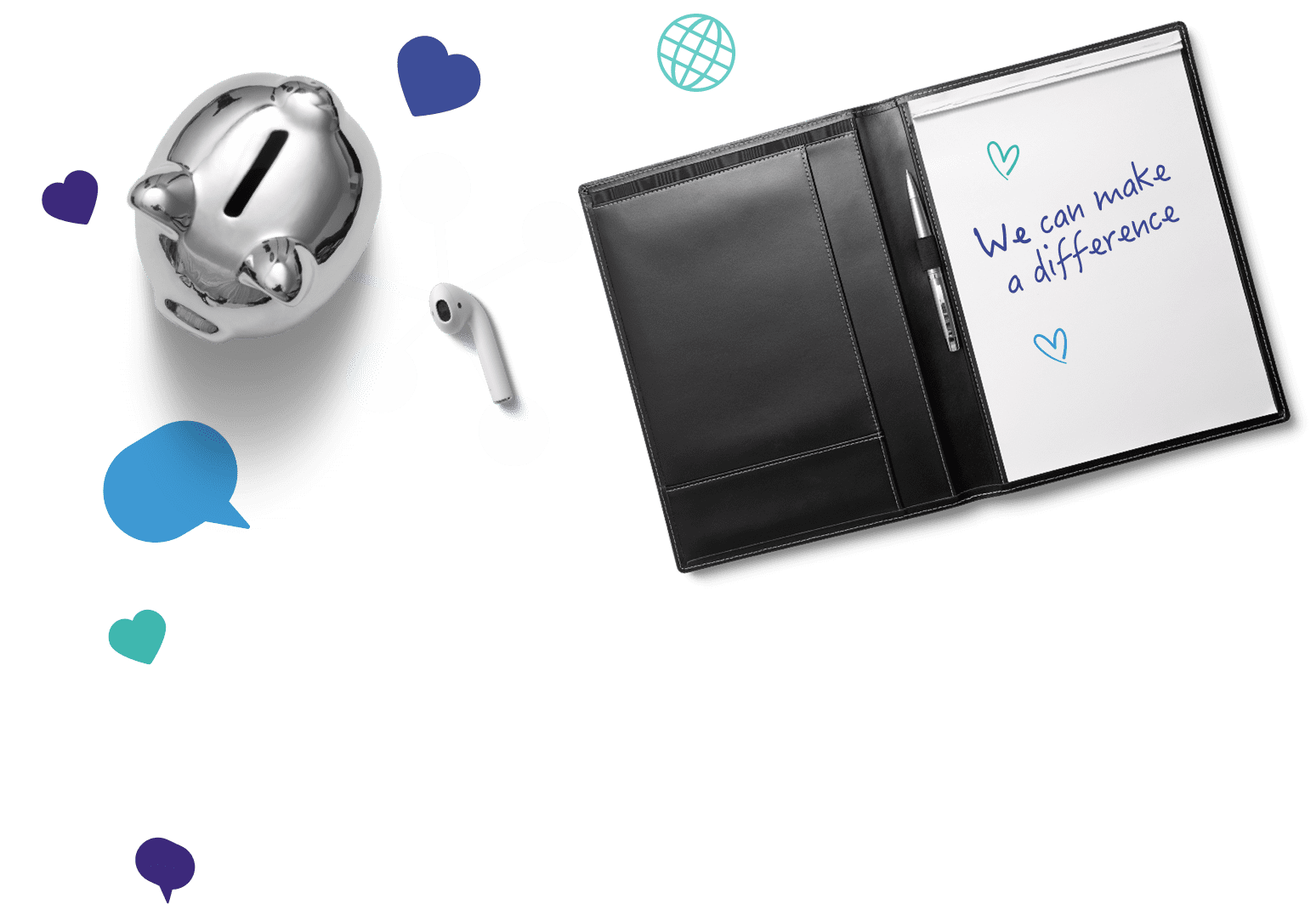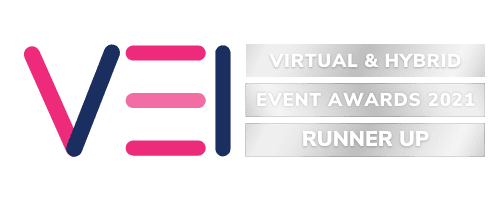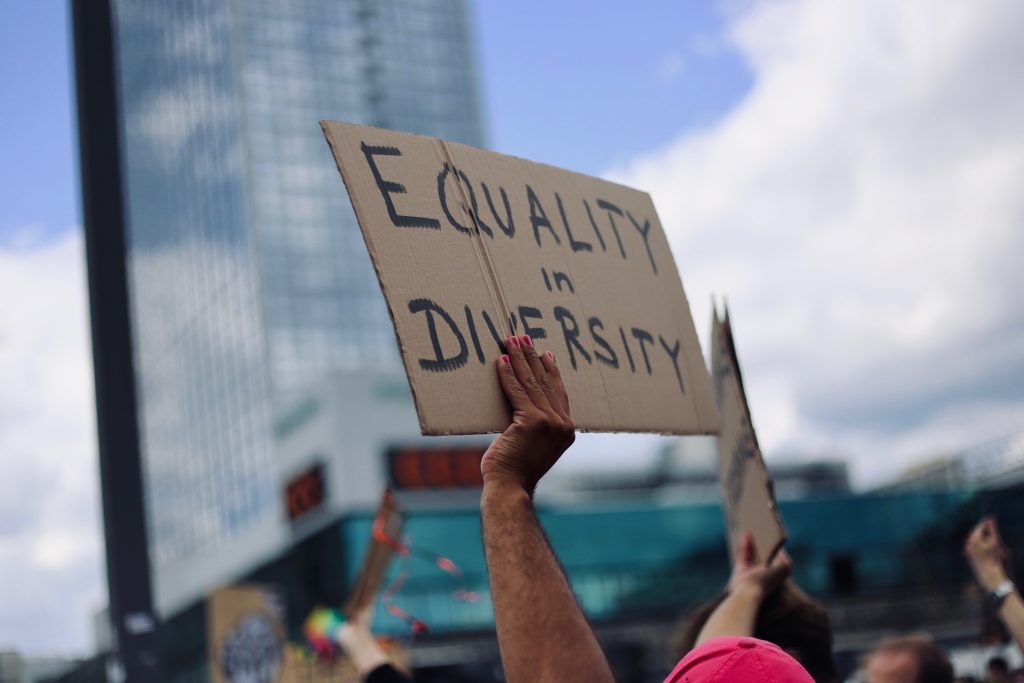
Written by Nikki Bell
Conferences, both online and in-person, are set to make a comeback in 2022.
Already we’re seeing a rise in content available and excitement for the opportunity to learn and network to plan for a, hopefully, uninterrupted year of fundraising.
However, we’re also seeing a return to the bad pre-pandemic habits of conference and events organisation that we’ve worked so hard to overcome. Already we’re seeing event organisers have to change their plans post-launch following a backlash or questioning of methods.
To ensure your conference and event plans go ahead successfully it’s important to think about equality, inclusion and diversity from day one.
Fundraising Everywhere was launched in 2019 with the mission of making fundraising learning and networking accessible to fundraisers everywhere and break down the barriers to personal and professional development. Here’s what we know about hosting equitable learning experiences.
1. Put the work in to find your speakers
Relying on speaker applications or inviting previous top-scoring speakers creates many problems. For one, if your previous events haven’t been diverse then applying speakers have not seen themselves represented in that space. Coupled with the fact many diverse speakers have not had the same opportunities to progress to a point where giving time to speak (usually for free, we’ll come to that later) has been a possibility. Providing an ‘application only’ to speak method will result in the same names and faces being featured over and over again.
Event organisers must put work into network and build relationships with a wider pool of talented people and invite them to apply or speak. Yes, it takes more time and yes, it’s harder – but that’s what progress and fairness looks like. Put the work in. Do better.
When we launched BAME Online in 2020 we knew we weren’t the right people to lead on the event. We hired Martha Awojobi and handed over full creative control for speakers, format, and delivery. We’ve since handed over full IP of BAME Online (for free) to Martha and the team at JMB Consulting to continue with the event.
And for other specialist events where our skills don’t reach, we partner and pay experts to work with us to develop programmes and invite speakers.
Collaboration, pay for skills, listen to your audience, and release control.
Event organisers must put work into network and build relationships with a wider pool of talented people and invite them to apply or speak.
2. Mix experienced with less experienced and give coaching
We understand the need for ‘high profile’ speakers to be featured at events and the benefits they can bring for attendee numbers and sponsors. However, by providing limited programme space or prioritising these speakers we repeat the same issues mentioned above.
Programmes should be drafted in advance with core topics and speakers planned. These should be checked beyond the organisation for any challenges or feedback before approaching a first set of speakers. Only once they’ve accepted or declined should you move on to complete your programme to ensure you always have space for diversity and that the places are not taken up immediately by those with extra privilege to accept quickly.
3. Measure EDI
‘If you’re not counted, you don’t count’
– NHS England
Fundraising Everywhere were the first, and still is the only, charity sector conference organiser that has clear and published EDI goals that we discuss and work towards with our team and event partners before making any speaker approaches.
We measure speaker diversity with an inclusive data form provided to all speakers that we review at regular stages of event planning (speakers inviting guest speakers can throw off planning and we need to work with these speakers to work with new people). Yes, it creates more work. Yes, it still needs to be done.
Fundraising Everywhere was the first, and still is the only, charity sector conference organiser that has clear and published EDI goals
However, we’ve realised that to make sure we’re achieving our mission of making learning and networking accessible to more fundraisers everywhere this needs to extend to our attendees. From February 2022 all attendees are asked to complete the same EDI monitoring form (it’s anonymous), so we can make sure we’re reaching all fundraisers as intended.
4. Pay speakers
If you are making money from your event, or stand to make money from the business it will bring, pay your speakers.
By paying speakers you not only increase the opportunity for more talented people to have the means to speak at your event, but you’re also valuing the time and talent those people bring.
If you are making money from your event, or stand to make money from the business it will bring, pay your speakers.
Exposure doesn’t pay the bills. Pay your speakers.
5. Provide an online option
We can’t believe that after two years of a pandemic and virtual event success that 2022 has seen the return of in-person only events.
We founded Fundraising Everywhere as a virtual event provider because virtual provides access to fundraisers who have caring responsibilities, disabilities, or not enough time, money, or support to travel and attend in person. That’s more fundraisers, more diverse fundraisers, that can progress personally and professionally.
Providing online access will not stop people attending your in-person event. But not providing online access will stop a lot of people from being able to attend at all.
6. Plan accessibility from day one
Work with experts to get this right and plan accessibility from the very early stages – especially for in-person events where there are more considerations like physical access and session translation.
Share your event plans for input and feedback, work with people with lived experience (and pay them), plan for accessibility-first, and provide access as a standard, not a request.
Providing online access will not stop people attending your in-person event. But not providing online access will stop a lot of people from being able to attend at all.
We understand that getting it right immediately is not always possible because many people have different needs. Capturing and monitoring attendee and speaker EDI information will help you spot and provide additional access needs pre-event.
7. EDI is not a marketing tool
Throughout the pandemic, online conferences were celebrated by event organisers for the role they played in making them a more inclusive organisation. Many of these organisations are now promoting in-person only events.
EDI in learning and conferences are not a tool to sell tickets. It’s one route of many to creating a fair and equitable sector that needs to exist for the challenges we will face in a rapidly changing world of impacts from the pandemic, climate emergency, and audience changes.
We share these insights as a call to our sector event organisers to do the same.
What we do to make learning fair and accessible shouldn’t be ‘disruptive’, it should be the norm. it’s time we worked together to make that a reality.
What we do to make learning fair and accessible shouldn’t be ‘disruptive’, it should be the norm.
We’re happy to support anyone who has questions about what we do and welcome any feedback on how we can do better. Our (virtual) door is always open and you can chat with us any time. Email Nikki Bell at nikki@fundraisingeverywhere.com.
We have over 350+ webinars and events hosted on our website that you can access at any time, anywhere. All speakers have been paid for their time. To join us and support the work we do to create a fair learning environment for our sector, visit our website – your first month is free with the code FREEMONTHEDI.
